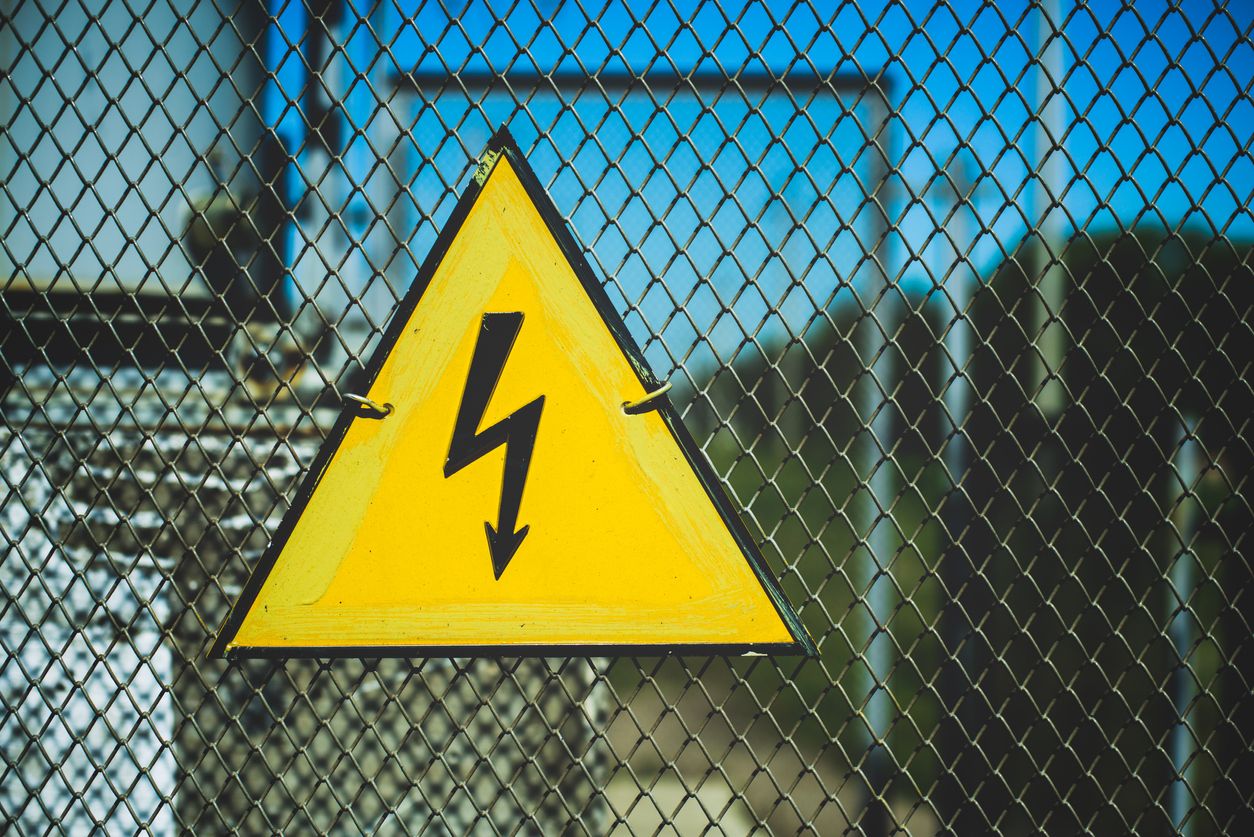Earlier this month, we recognized Fire Prevention Week which is a week dedicated to educating everyone about the signs and hazards of fires. But education shouldn’t stop just when the week ends. Did you know that electrical hazards are one of the main causes of fires at home? If not, keep reading. We’re continuing the celebration and education with our latest blog post by discussing the most common electrical hazards as well as how to prevent electrical fires at home.
Outdated Wiring
According to the National Fire Prevention Association (NFPA) faulty and outdated wiring is one of the leading causes of residential fires.
Signs your wiring needs to be updated:
Flickering lights
Tripping breakers
Warm or sparking outlets
Additionally, if your home is more than 30 years old and you’ve never replaced the wiring, it’s overdue.
Faulty Electrical Panel
On average, electrical panels should be replaced every 20 to 30 years, so around the 20-year mark, schedule an inspection to make sure it’s functioning as it should. However, if you notice issues before the 20-year mark, don’t hesitate to contact our team for an inspection and repairs.
There are also a few electrical panel brands to be aware of. If you have one of these brands, you should replace it as soon as possible:
Federal Pacific
Sylvania
Zinsco
These panels are known for causing widespread electrical damage as well as residential fires.
Schedule an Electrical Safety Inspection
The number one way to keep your home safe from electrical fires and other electrical hazards is with an electrical safety inspection. In an inspection, our licensed, background-checked, and drug-tested electricians will ensure that your home is up to the National Electrical Code (NEC) safety standards as well as run through our own meticulous checklist.
If it’s been a while since an electrician has inspected your home, or you’ve noticed some concerning issues, don’t hesitate to reach out to our team at (979) 243-2568.


